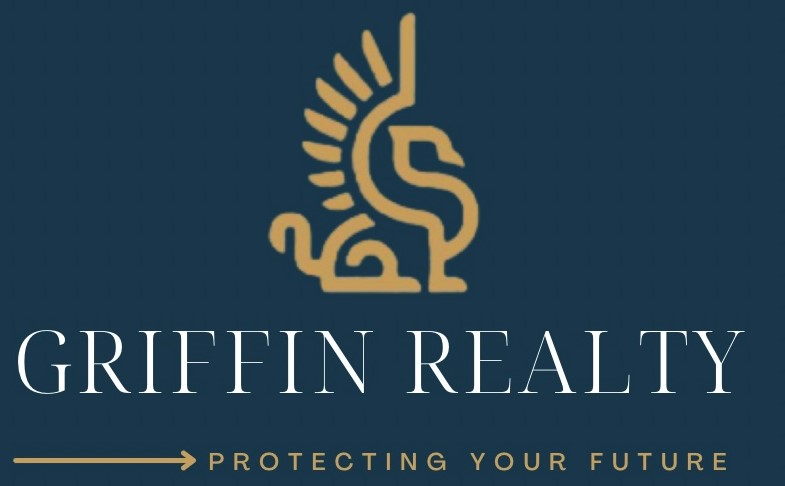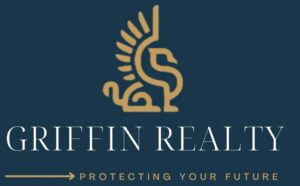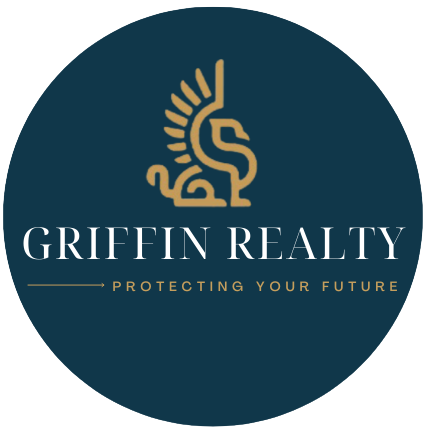The real estate market is seemingly filled with milk and honey—especially for those who know how to analyze real estate deals. If you have an eagle eye, you’ll be cashing out big, and owning a rental property is just one of many ways to achieve this. While this may not be a walk in the park, a typical rental property owner knows it creates the best of outcomes.
Becoming a landlord in this day and age can happen with the snap of the finger with the rise of the Internet as there is always helpful information to guide you. From finding the right property and analyzing its current value, to screening tenants- all can be done in a simple and efficient manner.
Yes, real estate investment is capital-intensive, but it can also be a rewarding one. Here are eight convincing benefits of owning a rental property.
1. High Leverage
One of the benefits of owning a rental property is that it gives you high leverage. It remains one of the top investments that allow you to get a loan quite easily. Imagine this scenario: you approach the bank for a line of credit in the tune of $600,000 which is secured against only $100,000 of your cash. The loan is to be invested in stocks, mutual funds, etc. You’ll probably come off as a joker. But walk into that same bank and tell them you need to buy a couple of houses, say 8, at $80,000 apiece, the response is swift and in your favor; you’re immediately taken to their mortgage division to finalize the deal. That’s the kind of leverage you get when investing in real estate properties.
Related: Avoid These 4 Mistakes When Leveraging Real Estate Investments
2. High ROI
The truth is when you borrow money for property investment, you’re in reality, putting a small portion of your money to invest in that property. You’ll get a better return on your investment in the long haul. And as market forces continue to drive rents higher, rental property owners will keep smiling to the bank.
Again, rent will always cover both marginal expenses and also pay off the interest on your loans. In such a situation, your profits will go past several types of investments—it will surpass the interest owed, and that is an increase in ROI. With high leverage as stated earlier, your monthly cash flow will rise, resulting in high ROI.
3. Keep Inflation at Bay
The real estate market provides you with the best cushion compared to any other investment market. As price rises, the value of the property will go in the same direction. When you buy at a low-interest rate, you’re keeping inflation at bay—it is part of the advantages of investing in real estate. You’d not want to risk your business with inflation knocking on your door—no good businessperson wants that.
4. Retire on Rental Income
No one says it’s all rosy owning a rental property, but the potential to retire on rental income gives a good feel about the market; it is also a good source for passive income. You can own a rental property business for years, generate a high net worth and utilize the cash flow in supporting a retirement fund—or even pay off your mortgage with rental income.
Related: Say Hello to Early Retirement with Real Estate Investment Properties
5. Diversify Your Assets
The power of diversification plays a critical role in investment. To lessen risks, you’ll have to invest in many markets. One of such markets that guarantee return is the real estate market, and the benefits are in the numbers. Real estate appreciation happens over time with market forces at play.
6. High Appreciation
Owning a rental property allows you to hold the property for high appreciation. A real estate investor should explore a buy-and-hold strategy to be on the safe side. Carrying out research based on location puts you in good stead to grab the best opportunities therein. You can follow trends before making an informed decision. The value may fall or rise, but in the long run, it is a safer and a low-risk venture, and those willing to take the bull by the horn will always make money in real estate.
7. Tax Benefits
Investing in real estate gives you an excellent opportunity to access an array of rental property tax deductions. Some of them are:
- Interest: As a landlord, you can deduct interest from existing mortgage interest payments utilized in purchasing the investment property.
- Repairs: You can deduct the cost of repairs in the year they were carried out. If you fix the door or repaint the building, the costs can be deducted.
- Depreciation: When the rental property is providing income, then you can get a tax benefit for owning a rental property, which is achieved by way of depreciation. To this end, landlords can deduct the cost of the property in years to come.
- Insurance: Another benefit that comes handy is deductions from insurance premiums regardless of the insurance policy that is connected to your rental property. This may comprise of flood/fire/theft insurance or landlord insurance.
8. Sell Whenever
The real estate market avails you the opportunity to sell when you want to and whichever way you choose. However, experts would advise you to hold on to your investment property over a long-term—even though there is no hard and fast rule in this market. The decision to sell is entirely yours. There are several exit strategies available to increase profits. Because of appreciation, you’re likely to sell your property at a higher price tag than you bought it—which is why owning a rental property is one of the best decisions to make right now.
Related: Has the Time Come to Sell Your Investment Property?
There isn’t a better time to build wealth and meet all your financial goals. Owning a rental property can fulfill that dream, and all the desires for a good life will be at your beck and call. Invest today—either in market properties or off-market properties—and reap the fruits in years to come.




